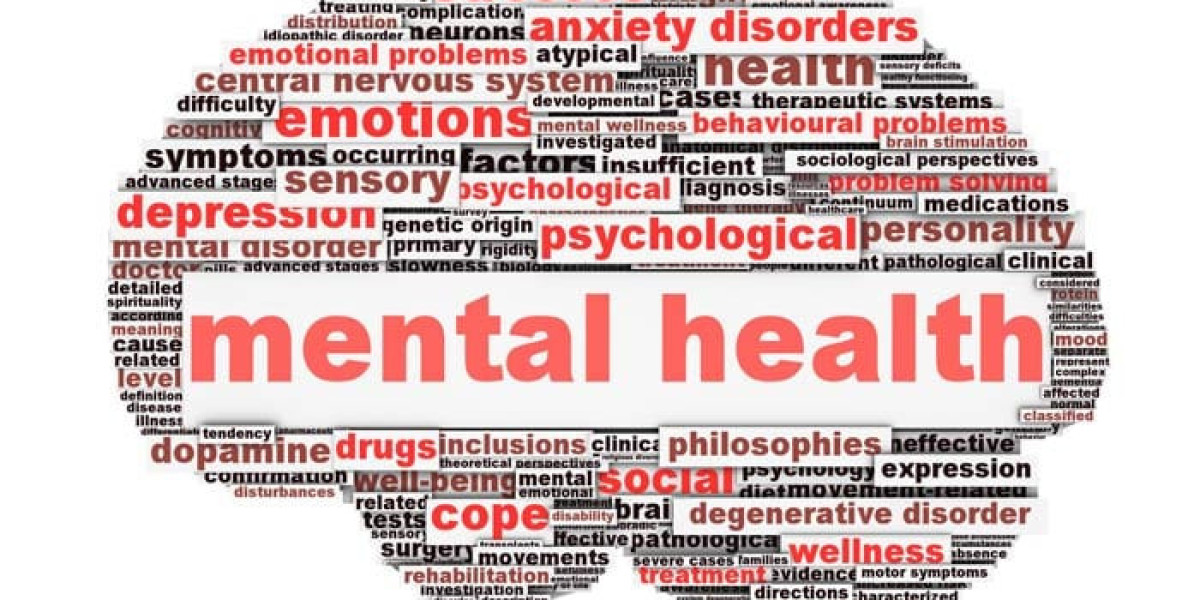Body image is a problem that affects people of all ages, genders, and backgrounds in today's society. It has grown in prominence. A widespread sense of discontent and nervousness about one's looks has been brought about by the media's idealized body portrayals, cultural pressures, and unattainable beauty standards. Anxiety, sadness, and eating disorders are just a few of the mental health issues that can arise from this discontent. But in the middle of this cultural milieu, there's a growing movement toward acceptance and love of oneself. We may enhance our mental health and live happier, more fulfilled lives by accepting our body and developing a good self-image.
Media and Society's Influence:
We are inundated with pictures of "perfect" bodies that adhere to rigid beauty standards everywhere we look, from billboards to social media feeds. Many people feel under pressure to meet this unattainable ideal, which is created by these photos, which frequently have perfect skin, trim waistlines, and chiseled features. Because these images are so prevalent, people may compare themselves negatively to these unachievable norms, which can cause feelings of inadequacy and self-doubt.
In addition, media representations frequently lack diversity, which feeds negative preconceptions and the idea that only particular body shapes are deserving of respect. People of color, people with disabilities, and LGBTQ+ members can all suffer greatly from this lack of representation because they may already be subject to prejudice and discrimination because of their looks.
The Effect on Emotional Well-Being:
Mental health might suffer greatly from the constant pursuit of an idealized body. Feelings of worthlessness, remorse, and shame can result from continuously trying to live up to impossible expectations. As people internalize negative beliefs about themselves and their bodies, this can contribute to the development of mental health issues including anxiety and depression.
Restrictive dieting, binge eating, and purging are examples of disordered eating practices that can be brought on by the pressure to live up to social standards. Eating disorders are severe mental illnesses that can have fatal consequences. Examples of these disorders include binge-eating disorder, bulimia nervosa, and anorexia nervosa. They frequently result from an inaccurate perception of one's body and an attempt to fulfill an impossible ideal, which sends people into a vicious cycle of harmful actions and unfavorable self-talk.
Fostering Acceptance and Love for Oneself:
There is hope for people who are having problems with their body image, even in spite of the widespread effect of the media and social pressures. A transforming path to better mental health and higher self-esteem can be taken by embracing self-love and acceptance. The following techniques can help you develop a good body image:
1. Engage in Self-Compassion Practice:
Practice self-compassion and kindness instead of blaming yourself for your perceived weaknesses or flaws. Show yourself the same compassion and consideration that you would extend to a friend going through a comparable ordeal. Understand that nobody is flawless and that each of our flaws is what makes us special and attractive.
2. Put Health Above Appearance:
Put more emphasis on your health and well-being instead of appearance-based aspirations. Give priority to healthy habits that feed your body and mind, such eating a balanced diet, exercising, getting enough sleep, and managing stress, rather than aiming for a specific dress size or body type. Never forget that inward well-being is the source of true beauty.
3. Create a positive environment for yourself
Make sure to add uplifting influences that embrace authenticity and diversity in both your real-world surroundings and social media feed. Maintain a network of encouraging friends and family that support and inspire you, and follow accounts that support body positivity, self-love, and acceptance. Stay away from poisonous relationships and situations that support unfavorable body image standards.
4. Oppose Negative Ideas:
Recognize and confront your negative body-related ideas and attitudes. Remind yourself of your intrinsic value and offer yourself positive affirmations whenever you notice yourself thinking negatively or destructively about yourself. Be appreciative of everything your body provides for you, including helping you overcome obstacles in life and allowing you to enjoy the pleasures of movement, touch, and feeling.
5. Seek Assistance:
If you're having problems with your body image or other related mental health issues, don't be reluctant to ask for help. There are options available to assist you on your path to self-acceptance and love, whether it's speaking with a dependable friend, seeing a licensed mental health professional for treatment, or joining a support group.
Concluding remarks:
There is a close relationship between mental health and body image, with poor body image being a major factor in many psychological problems, such as eating disorders and low self-esteem. Nonetheless, we may liberate ourselves from the confines of unattainable beauty standards and develop a healthy connection with our bodies by embracing self-acceptance and love. We are able to enhance our mental health and lead more contented lives by implementing techniques like self-compassion, putting health first, surrounding ourselves with positive energy, confronting unpleasant ideas, and asking for help. In the end, real beauty comes from appreciating the diversity of the human experience and accepting our individuality rather than living up to social norms. Let's make an effort to love ourselves for who we truly are.



